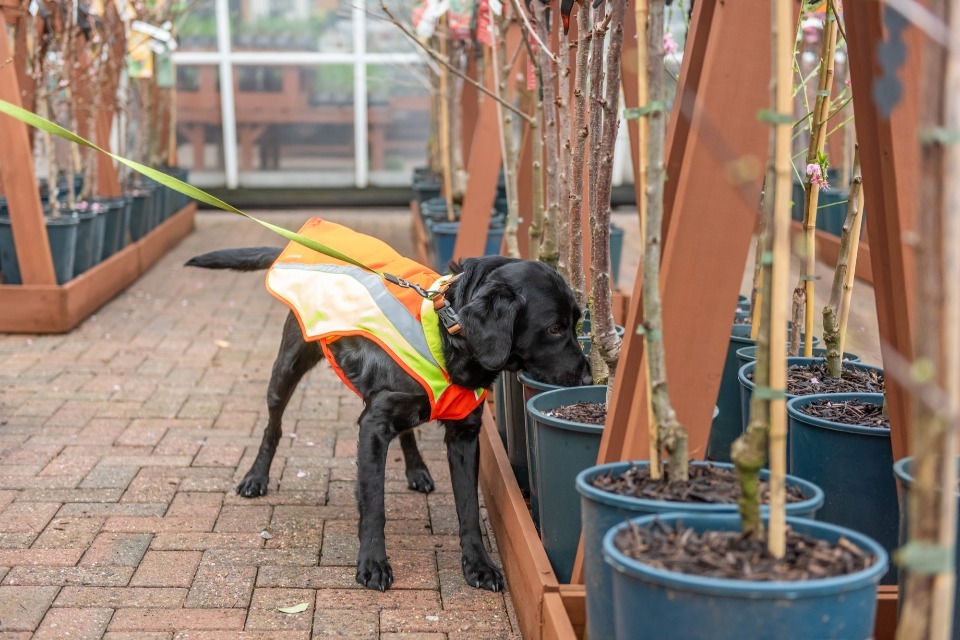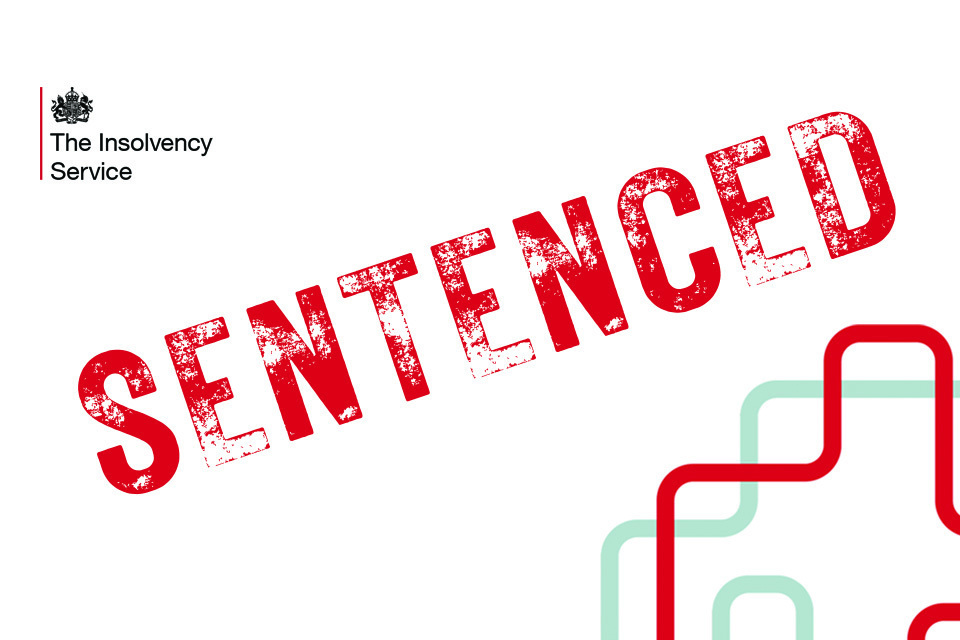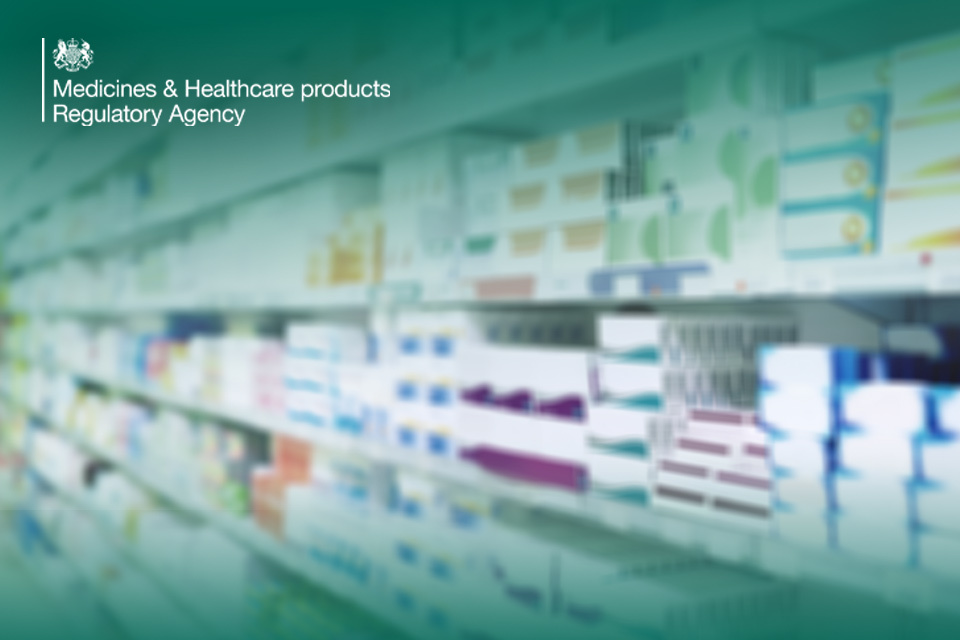- 111 online trial will refer women with ‘red flag’ symptoms, saving stress and time of booking a GP appointment
- Health and Social Care Secretary confirmed update during speech at the Royal College of GPs’ conference in Liverpool
Women with worrying lumps are to be directly referred to a breast diagnostic clinic using the NHS App as part of a new trial, the Health and Social Care Secretary announced today.
This will lead to faster diagnosis for cancer patients and free up more GP appointments.
Health and Social Care Secretary Wes Streeting confirmed the update during a speech at the Royal College of GPs’ conference in Liverpool.
From November, the local pilot will see 111 online – available on the app – refer women in Somerset who need diagnostic testing, saving them the stress and time of booking a GP appointment.
The scheme will be evaluated before any further roll-out could be considered.
He also outlined the series of steps the government is taking to support the primary care sector, including better use of NHS data.
The Health and Social Care Secretary said
The other frustration I hear from staff and patients alike are the pointless appointments you’re forced to hold and patients are forced to attend. You didn’t go through five years of medical school plus five years of training to tick boxes.
So where there are appointments that can be cut out, with patients seen by specialists faster and GPs’ time freed up to do what only GPs can do, we will act.
Starting in November, 111 online, which is available through the NHS app, will pilot directly referring women with a worrying lump to a breast clinic. That means faster diagnosis for cancer patients.
And more GP appointments freed up. Better for patients and better for GPs. I suspect there are cases that come across your desks every week, where a patient has been passed to you by someone else in the NHS to refer them on to someone else in the NHS.
It is a waste of everyone’s time, including yours, and where you give us examples of patient pathways that can be simplified through appropriate patient self-referral or direct referral by other NHS services to save your time, we will act.
Data is the future of the NHS and will enable innovation across the health service. Creating single patient records will form a vital part of the 10-Year Health Plan – ensuring that crucial information is held electronically and connected across hospitals and general practices.
This will let NHS staff make effective decisions that get patients the care they need faster.
Alongside this, the government will take action to support ground-breaking research. If a patient consents to the data in their GP records being shared with certain approved studies, NHS England will take responsibility for making this happen, while making sure patients’ data is kept safe by requiring the highest standards of data security and patient consent processes from these studies.
Discussing the single patient data record, the Health and Social Care Secretary said
We need to work together to create a single patient record, owned by the patient, shared across the system so that every part of the NHS has a full picture of the patient.
This applies as much to research as to care. The two go hand in hand. World-leading studies like the UK Biobank, Genomics England, and Our Future Health are building up incredibly detailed profiles of our nation’s health.
Patients have given their consent for their data to be shared with these studies. But we still see, far too often, that this data is not shared according to patients’ wishes.
That’s why I am directing NHS England to take away this burden from you. Just like they did during the pandemic, if a patient explicitly consents to sharing their data with a study, NHS England will take responsibly for making this happen. In return, we will demand the highest standards of data security.
Dr Vin Diwakar, NHS Medical Director for Transformation, said
New technology has the power to transform how we manage our healthcare – we’re excited to be piloting in Somerset whether 111 online could refer women with red flag symptoms for breast cancer checks without the need to see a GP, and this is just the start of our plans to bring NHS services to patients through the app.
Our ambition is to create a single patient record so that health staff can see your medical history at the touch of the button without you needing it to repeat it again and again, and we want to create a future where the data that the NHS holds can be used to save lives by predicting who is most at risk of developing cancer or other diseases, and taking action to prevent them.
World-leading studies like the UK Biobank, Genomics England, and Our Future Health are building detailed profiles of our nation’s health – but too often this data is not shared according to patients’ wishes.
This change will ensure it happens and demand the highest levels of data security.
Doing so will make new treatments available, bolster the life sciences industry, and make the NHS more sustainable for the long term by accelerating the shift from sickness to prevention.
A Red Tape Challenge will also be launched to free up GPs time and cut down on bureaucracy.
The challenge will be led by Claire Fuller, Primary Care Medical Director for NHSE and Stella Vig, Medical Director for Secondary Care and Quality.
They will ask GPs, hospitals, and ICBs what works well and what needs to change before the feedback is considered by a review group made up of frontline doctors in primary and secondary care.








